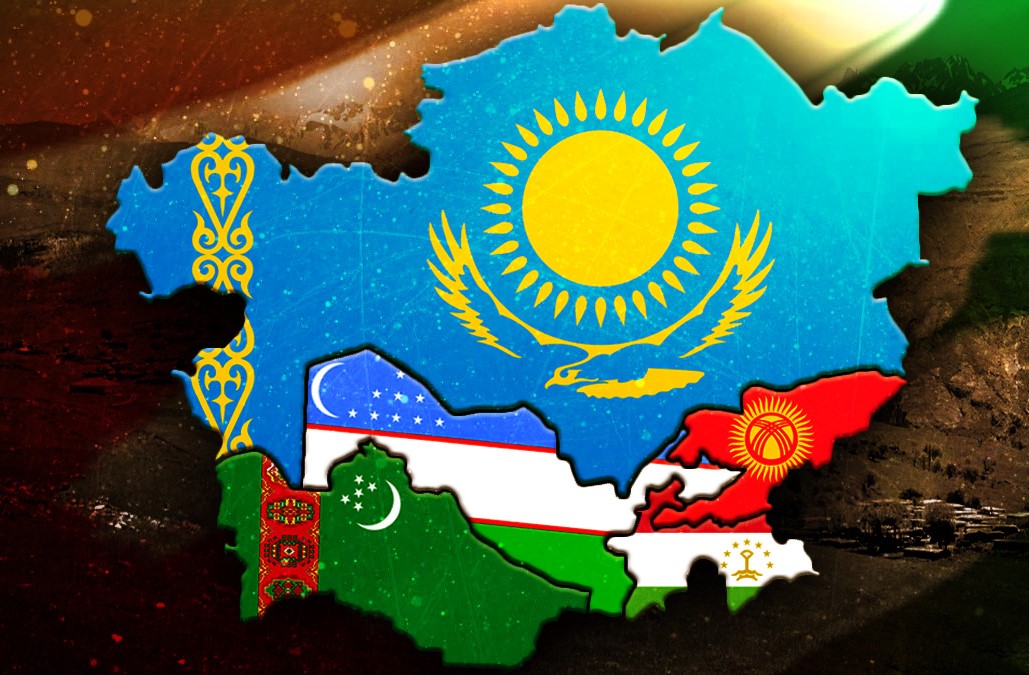Yangiliklar

The Revival of Ancient Educational Traditions in Central Asia
In Central Asia, where ancient caravan routes intertwine, leading to the great civilizations of the past, the spirit of scientific discoveries and educational achievements is flourishing once again. This region, historically associated with the names of great scholars, poets, and thinkers, today proudly raises the banner of science and enlightenment, continuing the glorious tradition of intellectual inquiry.
In the 21st century, the countries of Central Asia have embarked on a path of educational transformation, promoting ideas of innovation and modernization. Education, like a precious gem shaped by time and history, now shines with new facets, reflecting the region's people's aspirations for knowledge and progress.
The greatness of education in Central Asia is determined not only by its historical roots but also by its modern achievements. In recent years, there has been a noticeable increase in investments in educational infrastructure, the development of scientific research, and international cooperation. For example, in Kazakhstan, the share of GDP allocated to education is about 4.5%, reflecting significant governmental efforts in this area. In Uzbekistan, the number of higher educational institutions has increased by more than 50% in the past five years, while in Kyrgyzstan, educational reforms are focused on improving teaching quality and research opportunities.
The numbers confirming this growth only emphasize the importance of what is happening: millions of students and thousands of researchers are daily pushing the boundaries of knowledge, contributing to the development of the region and the world.
For instance, in Kazakhstan, the literacy rate among youth has reached 99.8%, indicating the rapid development of the education system. However, the country is not resting on its laurels. In 2023, more than 14,000 Kazakh students were studying abroad, primarily in European countries and the United States. These students, like participants in the "Bolashak" program, make an invaluable contribution to the country's development by enriching their knowledge and experience on a global scale.
Uzbekistan is also experiencing a renaissance in education. While in 2016 there were 77 higher educational institutions operating in the republic, today their number exceeds 200, due to active reforms in the education sector and increased access to higher education in the country. This growth has also led to an increase in the number of students to over one million.
Kyrgyzstan shows a positive dynamic in educational development, actively attracting international assistance. In 2023, the country received a grant from the World Bank aimed at improving infrastructure and enhancing education quality. The number of private educational institutions in Kyrgyzstan is also growing, providing youth with a wider range of opportunities to receive quality education.
Tajikistan continues to improve its educational system, paying particular attention to teacher training. The National Teacher Qualification Program, which covered more than 50,000 educators in 2022, is already yielding results. Moreover, in 2023, there were over 4,000 schools in the country, a 15% increase compared to 2015, demonstrating significant efforts to improve access to education, especially in rural areas.
Turkmenistan is also not lagging in developing its educational infrastructure. In 2023, the government announced plans to build new schools and universities in Ashgabat and other major cities, which should contribute to increased access to education and quality training for future generations.
Thus, Central Asia, like a pearl on the Silk Road, is once again regaining its rightful place on the global educational map. Today, scientists and students from the region participate in international conferences, publish research in leading scientific journals, and contribute to global science. Central Asian universities are strengthening cooperation with leading universities worldwide, launching joint programs and research centers, which promotes the region's integration into the global educational space.
An important aspect is the role of Central Asia in preserving and transmitting cultural and scientific heritage. Unique archives, manuscripts, and artifacts stored in the region's libraries and museums continue to inspire researchers from around the world.
Looking to the future, it can be confidently said that Central Asia is ready not only to restore its lost greatness but also to become one of the world's leaders in education and science. The region, where ideas that changed the world once emerged, is once again at the forefront of global change, reviving old and creating new traditions of scientific progress.
19-08-2024